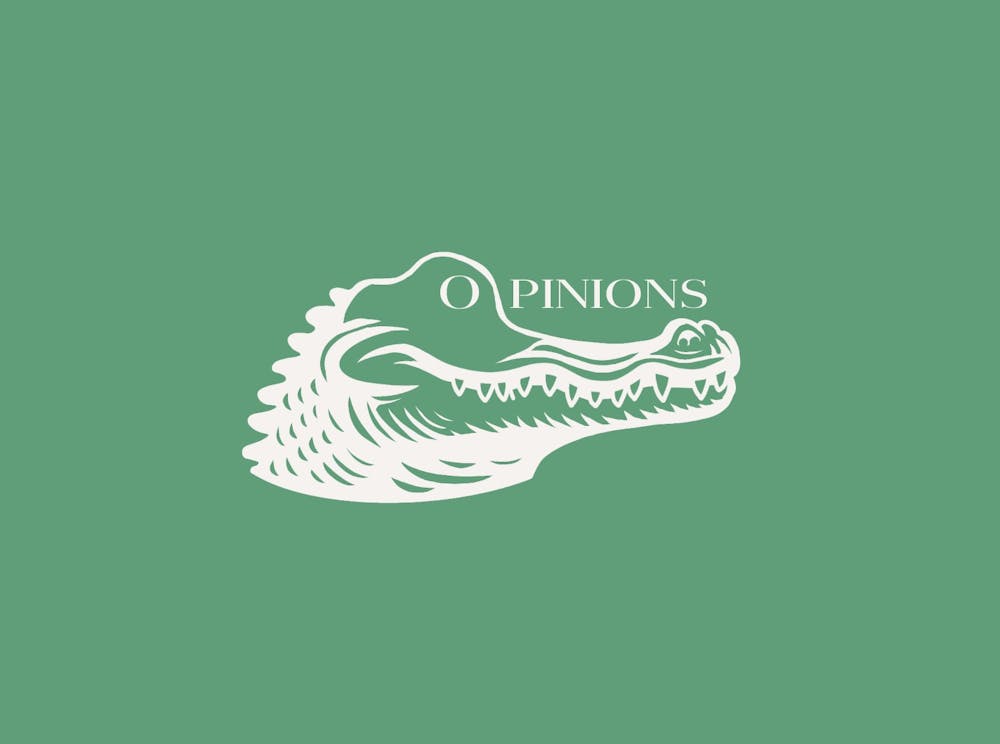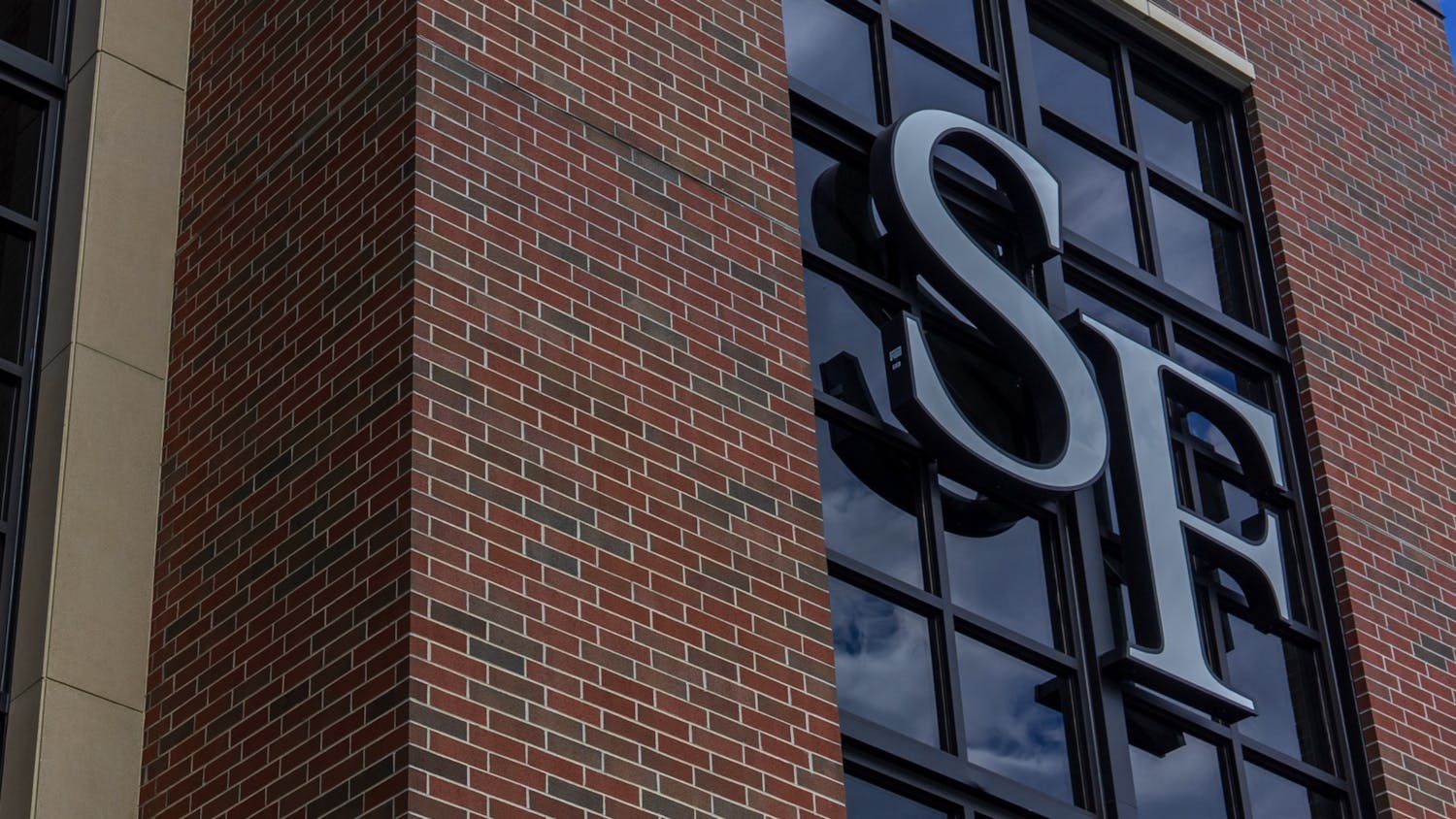Donald Trump is set to be America’s 47th president, and while supporters walk with a sense of hope for economic bliss and a return to the traditional standards of propriety, for the rest of Americans, Trump’s victory cast a harsh light on the blatant disregard on minorities that were exceedingly targeted throughout his campaign. His policy proposals from reproductive rights rollbacks to a Department of Education overhaul means confronting a harsh reality of targeted policies and potential pervasive censorship.
The consequences of his policies extend to education. As students, we are free to explore critical thinking and address pressing social and political issues. Looking at the Department of Education, we see it’s what allows low-income students to receive support through Pell Grants and provides funds for low-income schools in need of support. The DOE’s position inarguably provides a foundation for schools nationwide to maintain their rights as American citizens to education regardless of barriers, yet Trump has proposed billions in cuts to the department’s budget. He has stated that he wants states to have control over schools, but considering ongoing restrictions in class content, his plans would involve targeting diversity and inclusion initiatives in education. This would mean cuts in federal funding for schools that teach critical race theory, gender and sexuality and other topics that highlight “political woke content.” It’s slowly becoming a form of censorship for students and teachers alike, but what would this mean for our academic freedoms and the impacts of limiting exposure to diverse perspectives?
A growing body of academic material is facing scrutiny for allegedly promoting a “woke” agenda. We’ve seen significant actions against this material, such as earlier this year when UF eliminated all DEI-related positions due to state mandates against such initiatives. Most recently, Florida’s public universities have purged lists of general education courses as part of efforts to combat “woke” ideologies in higher education. Without the support of their universities and the eerie surveillance of course content, professors are left afraid. After speaking with professors at UF, I’ve gained insight into the growing atmosphere of fear. Imposing a level of self-monitoring, shaping how they navigate student interactions and delivering course content, often with a strategic caution that reflects the threat of potential backlash.
A professor admitted that, while they continue teaching the same topics, they avoid the use of specific terms. They admitted feeling a sense of cowardice over this self-censorship, described an ongoing mental weight and feared being reported.
Under these proposed policies, censorship in education is becoming less an abstract threat and more a daily reality. While this may seem like a far-fetched dystopian “Fahrenheit 451” novel, professors are already facing pressure from the administration. A colleague of theirs has had their syllabus monitored by administration because of their class content. Coincidentally, a meeting was organized with a lineup of prominent people that was shut down a day before it was set to go on, stating that it didn’t align with their policies on the use of their spaces.
Another professor spoke on the greater impacts these kinds of initiatives will have on the students. They mentioned these proposed policies would greatly impact the undergraduate population, as this would deprive students of an academic experience that reflects their own, denying them a crucial connection to what they’re learning.
Academic freedom is not simply a privilege for professors but a necessity for students to engage through critical thinking tools that are applied to complex societal issues and diverse perspectives. There is this misconception about the role of professors in academia, especially in these kinds of spaces. Professors do allow space for students to come in embracing who they are, but teachers are educating students on how to respect each other's opinion and build practice for a civil society, ideally doing so without fear of legal repercussions.
One professor recounted how a colleague was warned to alter their course on critical race theory or risk their job, directly underscoring the high stakes faculty face when addressing “woke topics.”
I’m not here to change your opinions on the next president of the United States, but I do want to lay out the facts. Trump’s campaign has set a target for minorities across America and is actively undermining academic freedom and, by extension, free thought. If you are terrified of what's to come, as some previously mentioned professors have expressed, this isn’t the time to accept things as they are and lay low for the next four years. Like any other president, we must remain vigilant, build community and organize to push back against oppressive instruments of control. We cannot afford to sit back and hope things improve. It’s time to take action.
Eriel Pichardo is a UF English senior.






